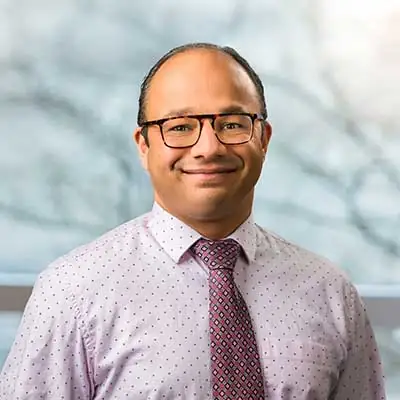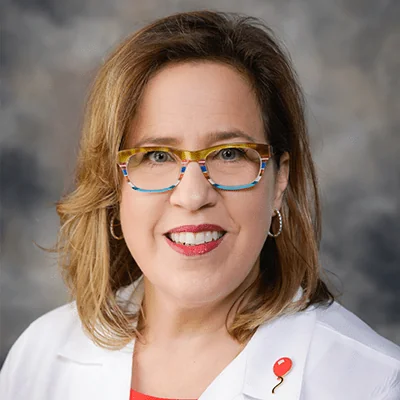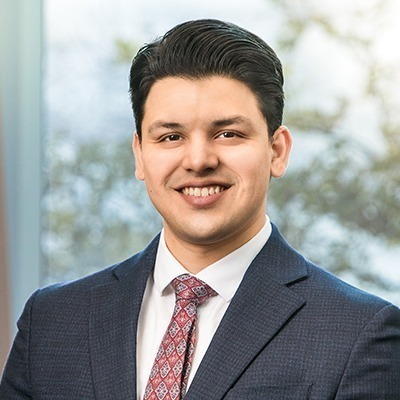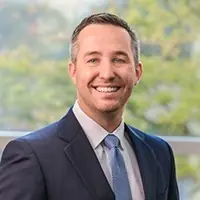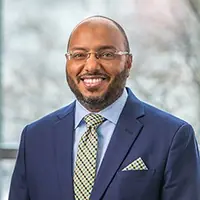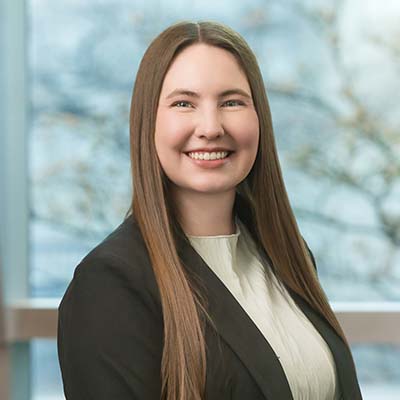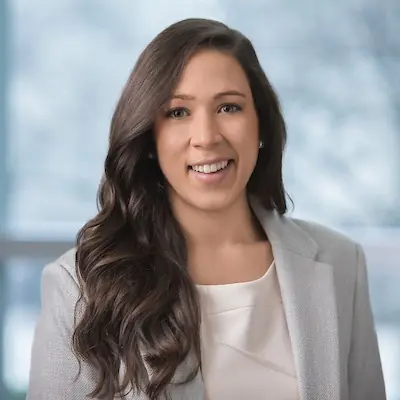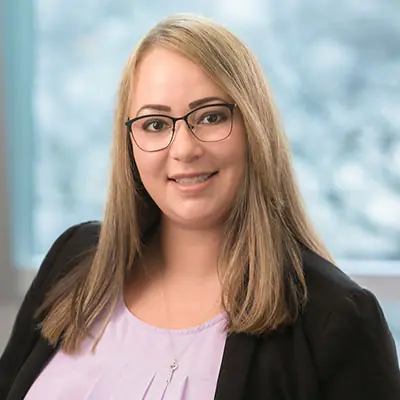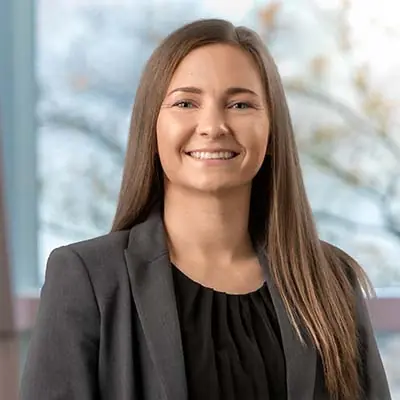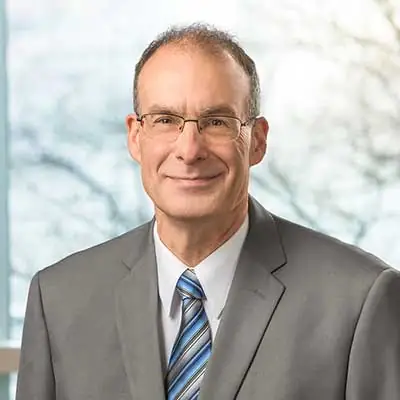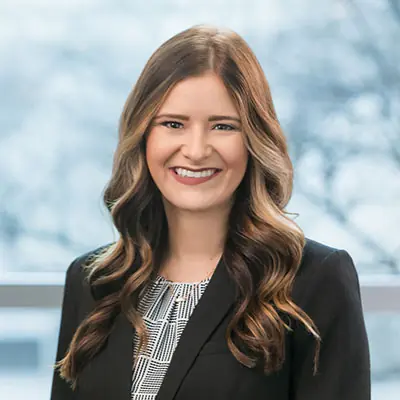How would you describe your feelings when you first found out your child needed surgery? Fear and anxiety? A bring-it-on readiness to finally get treatment?
However, you feel, we’ve seen it all. The pediatric surgeons at Children’s Nebraska have the same goal as you: to resolve your child’s medical issue and see them on the other side of recovery. One of the first steps towards that goal is making sure that you and your child are prepared for surgery.
Questions to Ask Before Surgery
You may find you have a lot of questions you want to ask before your child’s surgery — or you may not know what to ask at all. Some of the key questions to be sure to address with your child’s care team before surgery include:
- What time do I need to bring my child to the surgical center?
- Can my child eat or drink before the procedure?
- Should my child take their usual medications the day of the procedure?
- When can my child eat or drink after the surgery?
- How long until my child can resume normal activity?
- What medications will my child need after surgery?
- During recovery, what is normal, and what is a sign of a complication?
- What should I do if my child is experiencing a complication?
- Once my child is home, who should I contact if I have any questions about the surgery or recovery?
It’s also important to check with your insurance company ahead of time to understand your coverage for the procedure.
Preparing for Your Child’s Surgery (Pre-Op)
Every child’s pre-op is a little different, depending on their age and the type of procedure they are having. Your child’s surgical team will give you more detailed instructions. However, there are a few things that most patients can expect.
The Night Before Surgery
The night before surgery, select comfortable clothes for your child to wear. Your child may wear their pajamas to the hospital. If your child has surgery on the abdomen, legs, buttocks, etc., please dress them in loose-fitting clothes such as elastic waist shorts, jogging pants, or pajama bottoms.
Please give your child a bath, since it may be a few days before they can bathe again. Also have your child remove all non-permanent dental wear, contact lenses, nail polish, body piercings, and any hair accessories with metal.
Your child’s surgeon may provide more detailed instructions concerning bathing before surgery in order to prevent infections.
Packing For The Hospital
Pack a diaper bag or backpack with a few of your child’s favorite comfort items, such as a blanket, stuffed animal, pacifier and an empty sippy cup or bottle. Older children may bring a headset and hand-held video games.
Please also bring:
- Registration information (provided by the hospital prior to surgery)
- Your driver’s license
- Your child’s Social Security card
- Paperwork requested from surgeon, can include orders, lab results, X-rays, medical history, and notes from your child’s annual physical (obtained from your child’s pediatrician)
- Your child’s insurance card
- Guardianship papers (if you are not the parent)
- Current medication list with names of medications, doses, and times medications are given
Pre-Surgery Instructions
A nurse will call you a couple of days prior to your child’s surgery to provide preoperative instructions. The nurse will discuss what your child can eat or drink the day before surgery and medical information such as your child’s current list of medications and doses. If the pre-op nurse does not call you, please contact the pre-op nurses’ office at 402-955-4749 between 8 a.m. and 5:30 p.m. on the weekday prior to your child’s surgery.
If your child develops a cold, fever, rash, diarrhea, vomiting, or other signs of infection anytime before surgery, please call your surgeon’s office. If these symptoms develop on the day of surgery, call 402-955-4777 to notify the surgical staff. The surgeon may want to reschedule the surgery for a later date after the infection has passed.
What To Do On The Day Of Surgery
When you arrive at the hospital, check in at the Access Center. Then you will go to our Children’s Ambulatory Recovery and Express Services Unit (CARES). This is where we do pre-surgery check-ins, and where you will wait while your child is in surgery.
Only two adults may accompany your child in the outpatient surgery. No siblings will be allowed into the unit. Before the procedure, you will visit with your child’s anesthesiologist, surgeon, and CARES nurse to discuss any questions or concerns.
A member of our Child Life staff will be on hand to make sure your child feels supported and understands what is happening. They will also provide activities for your child while waiting for the surgery.
After Surgery (Post-Op)
Once surgery is completed, your child will be transferred to a recovery room, where they will be provided one-on-one nursing care. As soon as your child is awake, they will be transferred to your outpatient surgery room to continue recovery in your company.
If your child needs to spend the night after surgery, you’ll be taken to an inpatient hospital room after the recovery room.
Directly After Surgery
It’s possible that your child will have nausea as the anesthesia wears off. They may vomit, cough, or have a sore throat. This can last for several hours.
Your child may feel some mild discomfort or pain, so we may prescribe painkillers. If they are experiencing a greater amount of pain, we also have a great pain management program with anesthesiologists who focus specifically on pain medicine.
Eating and Drinking After Surgery
Right after a procedure, they will probably be able to drink clear liquid. Your child’s care team will give you specific instructions on when and what your child can eat or drink.
For Parents: Where to Stay When Your Child Needs to Spend the Night in the Hospital
We strongly encourage you to spend the night with your child to comfort them. There are sleeping accommodations for one parent in your child’s room. Additional accommodations for your family are available through the Carolyn Scott Rainbow House if you are coming to us from more than 60 miles outside of Omaha.
Getting Discharged From the Hospital
Your surgeon will inform you when your child will be able to leave the hospital. Before you go home, your CARES nurse will discuss and provide you with written instructions on how to care for your child at home. Your child may also be prescribed medication to relieve pain and prevent infections. A CARES nurse will call you the day after surgery to follow up on how your child is doing.
Post-Surgical And Follow-Up Care
Post-surgical care is just as important as the surgery itself. Proper post-surgical care helps with:
- Healing correctly
- Preventing infection at the surgical site
- Managing pain
- Keeping the rest of the body healthy during the healing process
- Making sure your child is healing emotionally and mentally
That’s why our surgeons work right alongside social workers, nutritionists, therapists, and other physicians to monitor your child’s health after surgery.
After surgery, your child will need to follow up with their surgeon or physician. The number of follow-up appointments needed, as well as how long your child will need to do follow-ups, will depend on their personal needs.
Inpatient & Outpatient Surgery Locations
Depending on the type of procedure, as well as any specific medical needs your child may have (such as additional heart monitoring after the procedure), your child will need either inpatient or outpatient surgery.
- Inpatient surgery means that your child will stay at the hospital overnight. Some procedures may require more than one night in the hospital.
- Outpatient surgery (same day surgery) means that your child can go home on the same day of the procedure. They will usually need to stay at the hospital or Children’s Outpatient Surgery Center (COSC) for anywhere from 30 minutes to a few hours after surgery to make sure they are recovering well and can continue recovery at home.
Inpatient Surgery:
Children’s Nebraska – Surgery
8200 Dodge St.
Omaha, NE 68114
402-955-7400
Outpatient/Same Day Surgery:
Children’s Nebraska
8200 Dodge St.
Omaha, NE 68114
402-955-5400
Outpatient Surgery Center At West Village Pointe
Our Outpatient Surgery Center is the only one in the region staffed by pediatric surgeons, pediatric board-certified anesthesiologists, and pediatric nurses who all have bachelor’s degrees. In addition to general surgery procedures, we also perform many dental; dermatological; ear, nose, and throat; ophthalmological; and urological surgeries on an outpatient basis.
110 N. 175th St.
Omaha, NE 68118
402-955-8201
Explaining Surgery to Your Child
As the surgery day approaches, explain to your child why they are having surgery in simple, non-threatening words. Let your child know that the surgery is a way to help them feel better. Use simple, honest explanations to tell your child what will happen, and listen to all of their questions or concerns.
For example, avoid phrases such as, “you will be put to sleep,” as they may confuse that with what happened to the family pet. Instead, use phrases such as, “the doctor will give you medicine to help you fall asleep, so you won’t feel anything.”
The following will help you prepare for common concerns and fears your child may have before surgery:
| Age | When To Prepare Your Child | Common Concerns, Stresses, Or Fears |
| Birth – 1 year | There is no set time frame for children this young. Remember that children take cues from parents. The more calm and relaxed you are, the more relaxed your child also will be. |
|
| 1-2 years | 1 to 2 days before surgery |
|
| 3-5 years | 3 to 5 days before before surgery to give your child time to ask questions. Be patient with your child. It is normal for children to require more attention during this time. |
|
| 6-11 years | A few days to two weeks before surgery. After talking to your child about the surgery, have them repeat back what you have told them to see if they understand what is going to happen. This will give you the opportunity to clear up any misunderstandings. |
|
| 12+ years | As early as possible. Your child will want to be involved in decision making and planning for surgery. They may not want to admit if they don’t understand something, so make sure that they are comfortable asking questions and that they fully understand what’s happening. |
|
We want your family to be comfortable and prepared. If you or your child have any concerns, you are always welcome to reach out to the surgeon or a child life specialist.
Additional Resources and Programs
Operation Learn
Children’s Hospital offers a pre-surgical program designed to give patients and their families a preview of what will happen the day of their surgery. Being prepared can reduce you and your child’s anxiety, alleviate fears or misconceptions, and help aid in coping before, during, and after the hospital experience.
Operation Learn is a program designed for children ages 3 to 13 and their families. Families will spend time with a Child Life Specialist reviewing the surgery routine and viewing developmentally appropriate preparation material.
The program is free to any family whose child is preparing for surgery at Children’s Nebraska. It is held virtually on Tuesday and Wednesday with a Child Life Specialist. To register or learn more, call 402-955-5305.
Kids Camp
When one child is having surgery, you don’t necessarily need to leave your other children at home or hire a babysitter.
Our Kids Camp is a supervised play area for siblings of patients visiting Children’s. It can also be used by your child getting surgery if they are having an inpatient procedure.
Who Offers Surgery?
Many specialties at Children’s provide surgical services. These specialties include:
- Cardiology
- Bariatric Surgery
- Ear, Nose & Throat
- Gastroenterology
- General and Thoracic Surgery
- Nephrology
- Neurology
- Ophthalmology
- Orthopedics
- Pulmonary
- Radiology
- Rheumatology
- Urology

